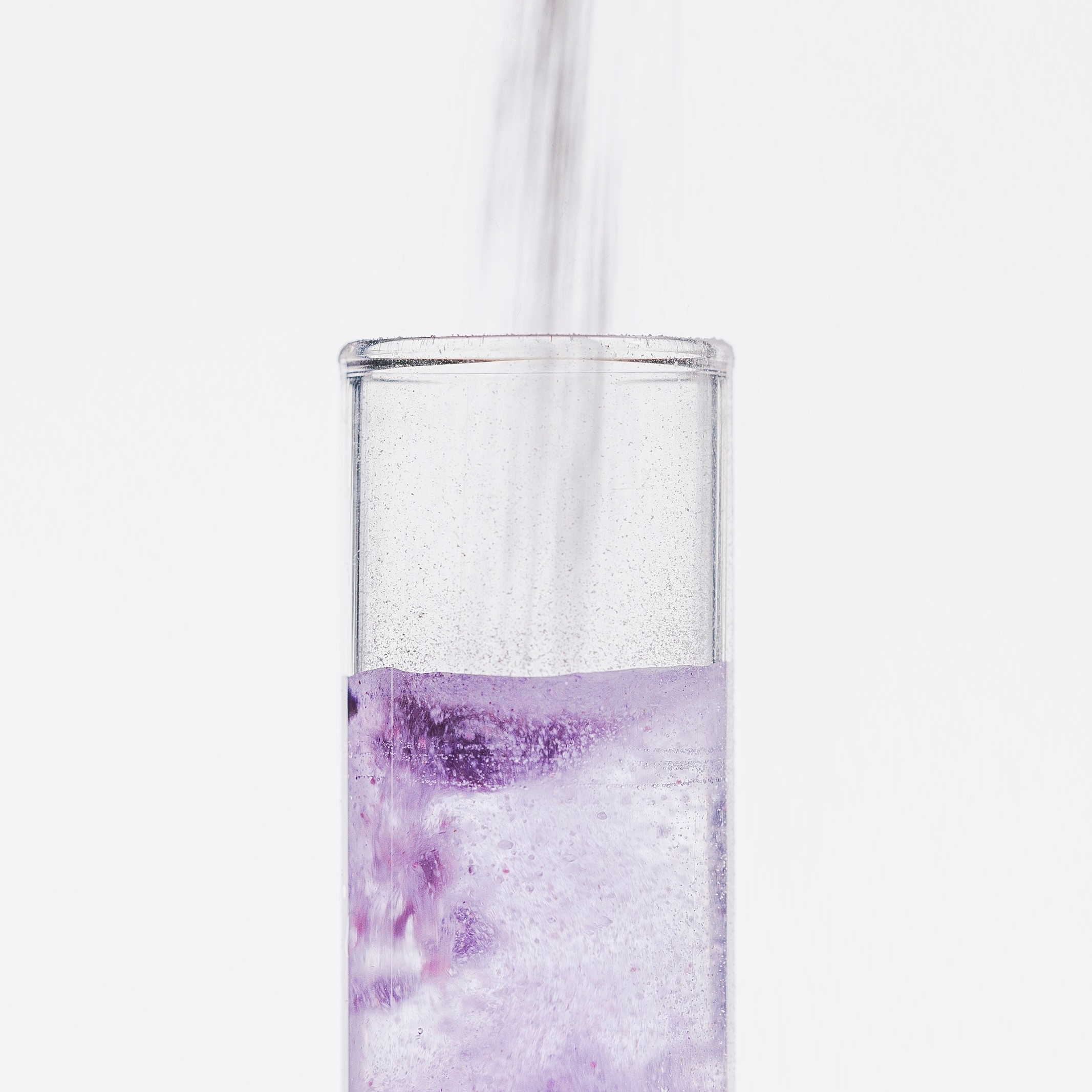Ruby Pryde - Dec 14 2020
Sleep Smarter, Not Longer. How to maximise the hours you do get over the festive season.

SSleep. It’s the big debate of the 21st century. How much is enough? How much is not enough? How much is too much? Something that during the festive season often comes with a “I’ll take what I can get” mentality.
Now in a usual ‘How To Sleep Better’ article, there may be suggestions for a regular bedtime and a regular wake time, as well as prioritising early nights, which at this point of the year, isn’t always realistic.
So, rather than telling you that you MUST get 7-9 hours per night, we thought that we could meet you halfway. How to get the most out of the Z’s we DO get.
Quality over quantity.
Increase your sunlight exposure during the day.
Now if you are a returning reader and have indulged in our previous ‘Immunity Tips’ article, you might be scratching your head. Have they just copy and pasted one of last week's tips? Well, yes and no. Different reasons you see, but perhaps two birds with one stone? Efficiency at its finest we think!
Our circadian rhythm is our body's natural sleep and wake cycle, and is determined by the coming up and going down of the sun. So naturally, it would only make sense that in order for it to work properly, we would need adequate sun exposure during the day.
This helps to control the levels of cortisol and melatonin that are produced in your body so you are awake and asleep according to Mother Nature. And considering we also need the sun to boost our immunity, it then makes double the sense as to why we need to increase our daily sun exposure.
20 minutes a day in whatever way, shape or form works best for you.
Avoid Blue Lights 1 - 2 hours before bed.
Easier said than done? Totally. Something to seriously consider? Definitely.
Avoiding any form of blue light before you hit the hay is one of the most beneficial ways to get your beauty sleep. Blue light exposure from electronic devices and some lights, tricks your body into thinking it is day time. This increases the cortisol in your body (hormone for keeping us awake) and decreases melatonin in your body (hormone for getting us to sleep).
Thinking about how you use your electronics at night is a great place to start; like turning them off half an hour before bed and gradually increasing it to at least an hour. Brownie points if you can also begin to dim the lights wherever possible around your house. Setting the mood for your hormones. They’ll thank you for it!
And because it ’tis the season, we understand that the latter isn’t always possible. Whether you’re returning home late from a busy day at work or getting home after dinner in town, setting up a hormone friendly night time routine isn’t always possible.
So, how can we still focus on assisting our bodies in winding down with all this blue light around us?
Well, you may or may not be aware, but there is a setting on most electronic devices, called something along the lines of Night Mode or Night Shift. This setting blocks a large portion of the blue light emitting through the screen during the later hours of the evening and earlier hours of the morning to work with your circadian rhythm, as opposed to against it. You can either set the time it is activated, or allow your phone to adjust it at sunrise and sunset automatically.
Small adjustments to your evening routines for big rewards.
Magnesium Oil
The holy grail. Of helping you sleep, that is!
Magnesium oil is responsible for a host of different roles in the body, a major player being that it activates the parasympathetic nervous system (the system responsible for putting your body into a state of calm). And not only does it help you get to sleep, but it also helps you stay asleep.
We suggest the use of oil as opposed to oral consumption due to the absorption process. Like anything that is applied to the skin, it is absorbed directly into the body and blood stream. Depending on what you’re applying, that can either be a positive or a negative. But in this case, it’s a big plus.
Within minutes of applying the oil onto your skin, your body is already beginning to utilise the extra dose of magnesium for a restful night's sleep, without needing to process through any internal organs first.
For best results, apply to your stomach and feet before bed. If you can, try and aim for one hour beforehand. Applying to the stomach calms down your nervous system and a chattering mind, and according to Traditional Chinese Medicine, the feet are believed to hold an abundance of reflex points which relate to specific organs and systems of the body.
A little goes a long way when it comes to Magnesium oil, so start with small amounts and build if necessary. Slight tingling for a short period of time after application is normal.
Set Up Your Space
Setting up your space to help induce quality sleep is one of the simplest, yet most effective ways, to maximise the hours you are getting.
To begin, ensuring your room is blacked out from external lights is imperative. Whether that’s an extra sheet over your blinds, or putting pillows across your doorway, it really is up to you and your environment. If all else fails, investing in a quality sleep mask is perfect for blocking out any protruding light.
Next, you may want to think about the noise in and around your sleep space.
It isn’t always easy to control all noise around you, particularly if you live in an apartment block, with family or with roommates, so investing in some ear plugs could be your next best option. Ones that are good enough to block out external noise, but not so good that you miss your morning alarm. A fine balancing act (we know).
And finally, keeping your room temperature cool will help keep you in dreamland all night long.
Like those cold Winter nights where you snuggle up under the doona and drift away with ease? Now compare it to the Australian classic; 37 degrees and you’re considering going to sleep in the pool. I mean, need we say more?
Meditate Before Bed
Meditation before bed is a great way to help you wind down after a stressful day or a big night. Even just 5 to 10 minutes of laying in your bed, either with or without a guide, incorporating deep breathing and focusing on your breath, will help activate your parasympathetic nervous system and will allow your mind to catch up with your body.
You begin to signal to your body that it is time to relax, to unwind, to be still, and in that you are able to then tuck yourself under the covers and drift off.
Happy sleeping!
Article credit :
https://www.healthline.com/nutrition/magnesium-and-sleep#TOC_TITLE_HDR_4








